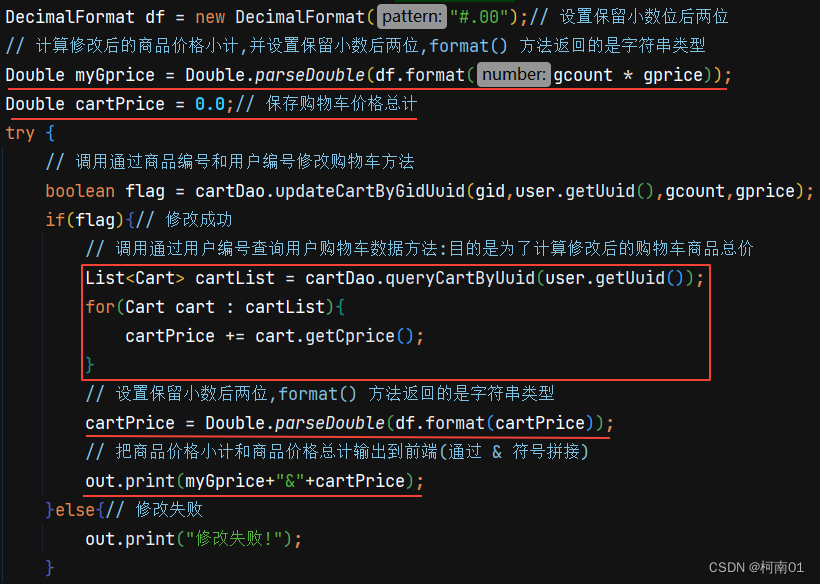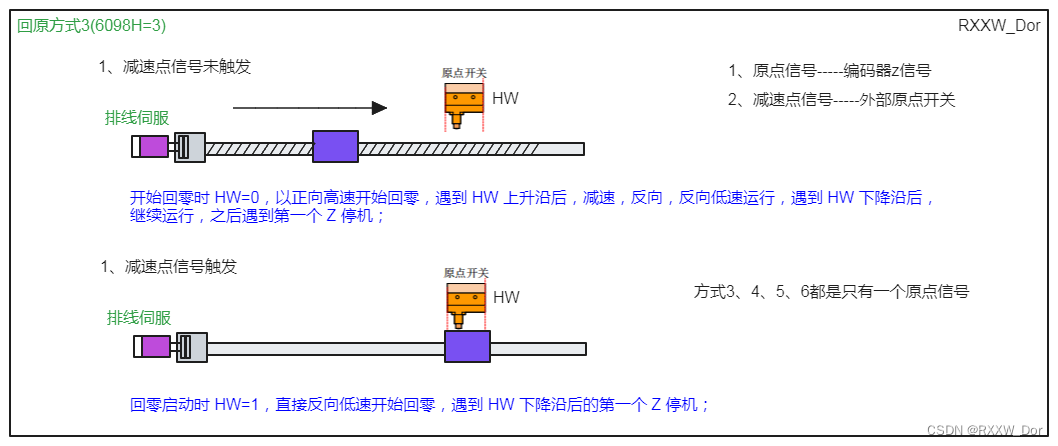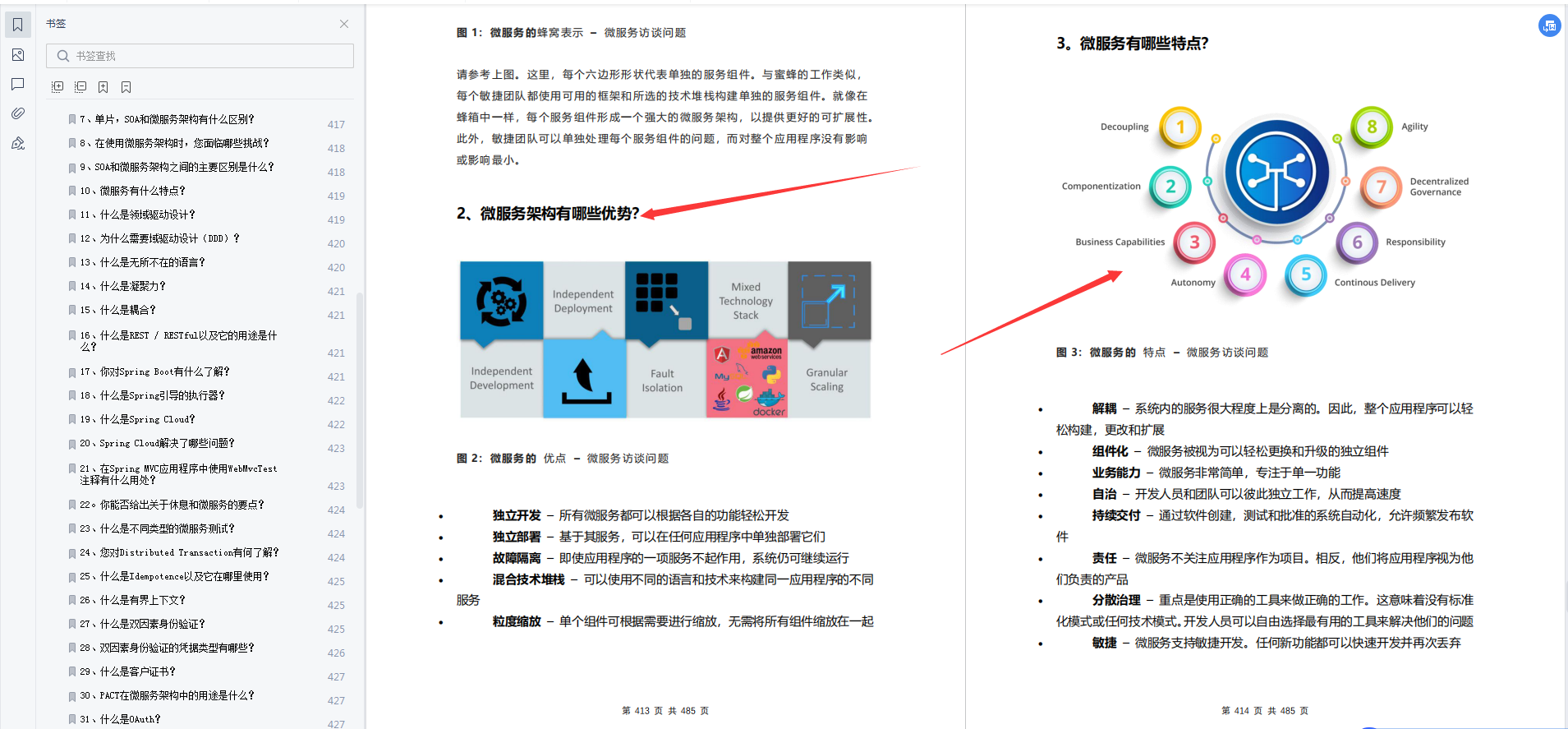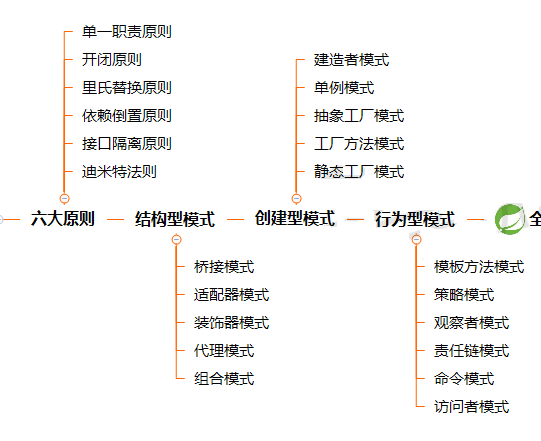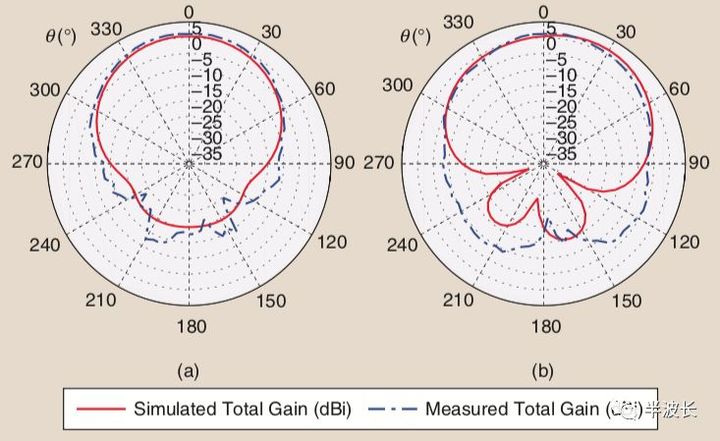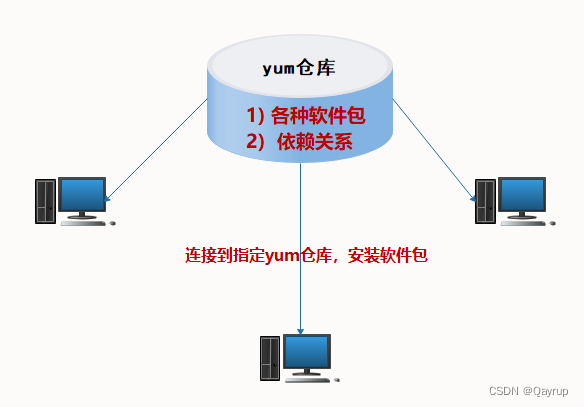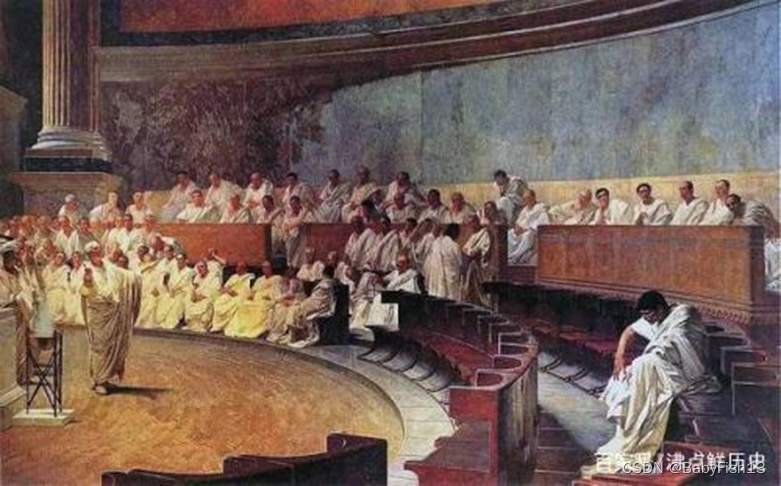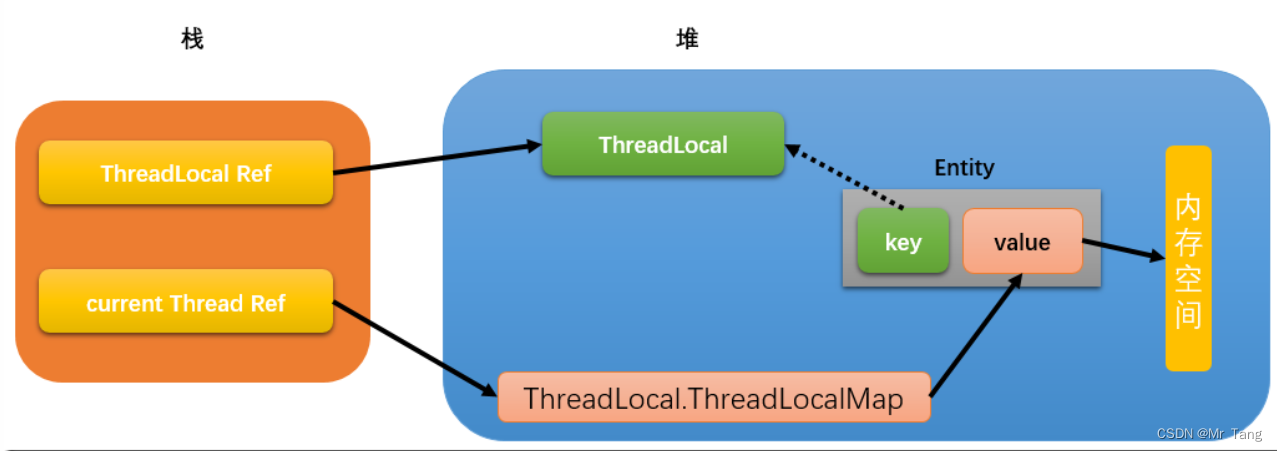第19讲 让爱情天长地久
What makes relationship thrive, some characteristic:
- work hard
the fix mindset: “you are so smart, you are so intelligent”
the malleable mindset: “you work so hard”
Finding mindset: “finding the right partner” (fix)
some thing wrong in relationship -> I must not find the right person.
Cultivating mindset: “need hard work” (malleable)
some thing wrong in relationship -> It’s ok, we are working to resolve it
a good partner is of course important. It’s much more important to then cultivate that relationship.
history depict things as they are, whereas the fictions depict things as they can or ought to be.
But the more important part of a thriving long-term relationship is the cultivation.
Connect to finding mindset is the notion that there is only one right person for us, all I need to do is to find that person.
It’s not true. There’s more than one right person.
So what makes relationship unique?
It’s not finding that one right person, it’s cultivating that one chosen relationship. It’s by virtue of working together, of being together, of spending time together, of dedicating one another. That’s how we create the one chosen relationship, the one special relationship. That’s how two seperate “I” become a “we”.
It does not happen, it’s happeing. It’s a process.
It’s not about suceess in a relationship. It’s about succeeding in relationship
The important thing in resolving conflicts is having a super ordinate goal.
these conflicts will make the relationship even stronger.
John Gottman, “In the strongest marriages, husband and wife share a deep sense of meaning. They don’t just along, they also support each other’s hopes and aspirations and build a sense of purpose into their lives together”
In other words, what they need is an active kind of love.
Self-Perception theory:
We are often form theories and believe about ourselves based on how we behave.
If I see myself going up to someone and and ask them out. Even if they say no, I perceive myself as someone confidence, and my self-esteem will go up, regardless of the response.
If we don’t sustain the active love, over time, because of self-perception theory over time that will go away.
Because if I don’t invest anything in the relationship, self-perception theory, “Oh, it must not be that important for you”, and then the love wanes, not to mention all the physiological reasons why it wanes over time.
So if there isn’t the active love, it cannot be sustained.
How do we sustain love? How do we remain active? Relationship rituals.
Second way:
Making that shift from the desire to be validated to the desire to be known.
form deeper levels of intimacy
How do you cultivate intimacy?
By getting to know one another more and more and more, more deeply, more meaningfully, by understanding one another, by getting to know one another as we know ourselves.
It means revealing over time, our deepest desires, our deepest fantasies, our greatest strenghts as well as our weakness, our insecurities and our passions.
expressiong ourselves rather than trying to constantly impress.
It’s not guaranteed by any stretch of the imagination. However if we just impressed, we’re guaranteed failure.
First of all, when we express, generally over time, not in the short time, but over time people would be more attracted to us. Even if they sometimes find out things that they don’t necessary like or adore or appreciate, over time, it’s people who are genuine, who are attracted other people.
also applied in friendship and leadership. when we express ourselves, we are more likely to survive.
However, what is the primary motivator in our time being together.
We also need to get and make active effort to get to know our partner.
David Schnarch, “Intimacy is about letting yourself really be known, including parts that you or your partner don’t like. But it’s not just about letting ‘warts’ be known. It often involves showing strengths you’ve been hiding, too. Most approaches focus on getting your partner’s validation and acceptance when you disclose. But you can’t count on this, and if you try, it inherently limits self-disclosure, because you won’t say things your partner won’t validate. Resolving gridlock requires intimacy based on validating yourself.”
the foundation of relationship is known.
If anyone aspires to this perfection, it inevitably is a prescription for perfectionism, hence for failure, hence for unhappiness.
immense 明显的
To be known rather than to be validated.
third point: allow conflicts in relationship
What’s wrong -> it’s ok, it’s natural, let’s see how we can resolve it.
If you are not exposed to conflict in a relationship, over time, over time the relationship will not strength, it will be weak, it will be unable to sustain the inevitable conflict that will arrive.
So conflicts immunize us and it’s important.
accentuate 巩固
To sustain happiness it takes time, and it takse work, it takes commitment.
A relationship is made extraordinary by focusing on these details on these day to day activities.
Demonstrate interest, create love maps, get to know the other person.
Finally, sex is important for long-term thriving relationship.
It is a concretization of that emotion of that abstract of that notion.

Specifically, what research organizational behavior shows is that healthy inter-group or intra-group conflict is cognitive conflict rather than affective conflict. Cognitive conflict is about focusing on the person’s behavior or thought and ideas and challenging those. Unhealthy conflict is focusing on the person on their emotions, on who they are.
It is important to avoid hostility insult and contempt.
So it’s important to keep these insults away, to focus on the person, to validate the person, to appreciate the person, then to disagree with behavior or with the ides and the thinking.
The key is to keep these disputes private.
There is no justification, there can be conflict, and there will be conflict and it’s important, question is how do you keep it on the congnitive behavioral level rather than the affctive, emotional, contempt level? And that can make all the difference.
Romantic relationship, is cultivating a deep meaningful friendship.
John Gotman: At the heart of my program is the simple truth that happy marriages are based on a deep friendship. By this I mean a mutual respect for and enjoyment of each other’s comnpany.
Finally the forth component for a healthy relationship: Positive Perception.
appreciate each other
So benefit-finding is important in a relationship. Focusing on the good, focusing on that works, and that is exaggerated.
Positive Illusion: seeing them bette rthan supposingly they really are.
It becomes a self-fulfilling prophecy.
benefit-creating





